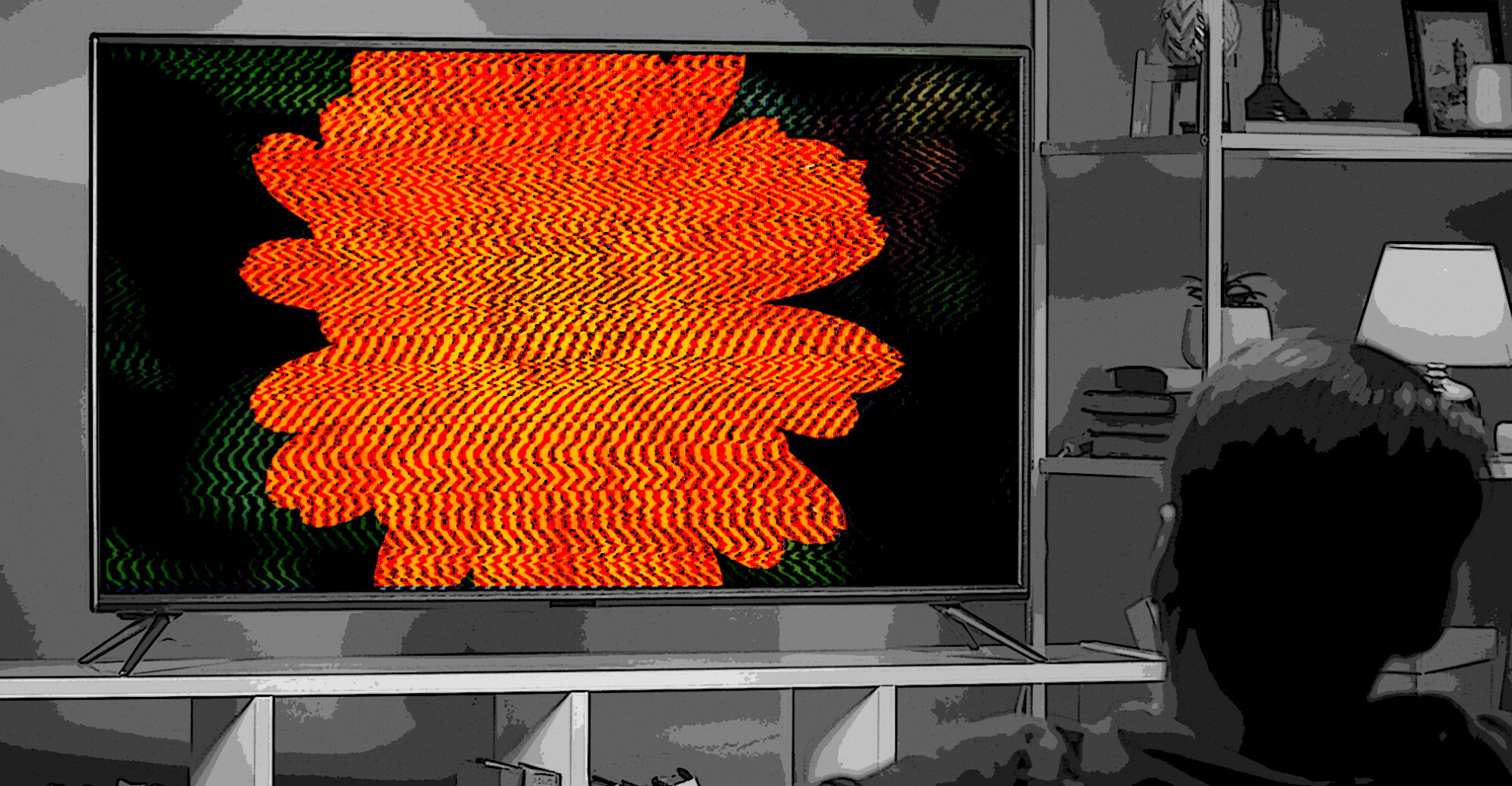
CATrends: QLED TVs
Lawsuits allege quantum technology claims aren’t picture-perfect.
February 2015: The named plaintiff voluntarily dismissed this lawsuit. The lawsuit was dismissed with prejudice, meaning that the plaintiffs cannot refile. The reasons for the dismissal have not yet been disclosed.
November 2014: A class-action lawsuit was filed against ProSupps USA for allegedly misrepresenting the amount of whey protein in ProSupps PS Whey. According to the complaint, the company uses a practice called “protein-spiking” (i.e., adding non-protein ingredients, such as amino acids, to increase the nitrogen content, which makes it seem like it contains more protein than it has) and, as a result, the company misleadingly represents that the product has 24 grams of protein per serving when, in reality, it only has 17.589 grams of protein per serving. (Mena et al v. ProSupps USA, LLC, Case No. 14-cv-02748, S. D. CA.).
For more information about other class-action lawsuits regarding “protein-spiking” and TINA.org’s coverage of the issue, click here.
Lawsuits allege quantum technology claims aren’t picture-perfect.
If it’s always a sale, it’s never a sale.
Sam Biddle, New York Magazine – Intelligencer
MADISON, CONN. Sept. 9, 2025 – An investigation by consumer advocacy organization truthinadvertising.org (TINA.org) has found that Homeaglow is deceptively advertising $19 home cleanings in order to lure consumers into…
TINA.org files complaint against home cleaning platform with FTC, states.


